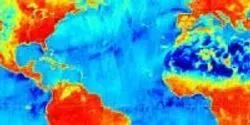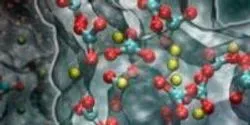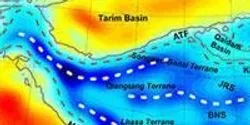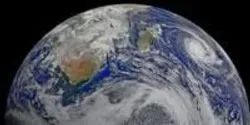Earth Science

Stereophotogrammetry provides unique window into clouds, thus improving climate models.
| 3 min read
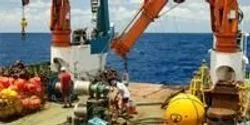
A new study, by scientists from the University of Southampton and National Oceanography Centre (NOC), implies that the global climate is on the verge of broad-scale change that could last for a number of decades.
| 2 min read

A University of Florida scientist has developed a fertilizer for palm trees that should keep them healthy and reduce water pollution..
| 2 min read

